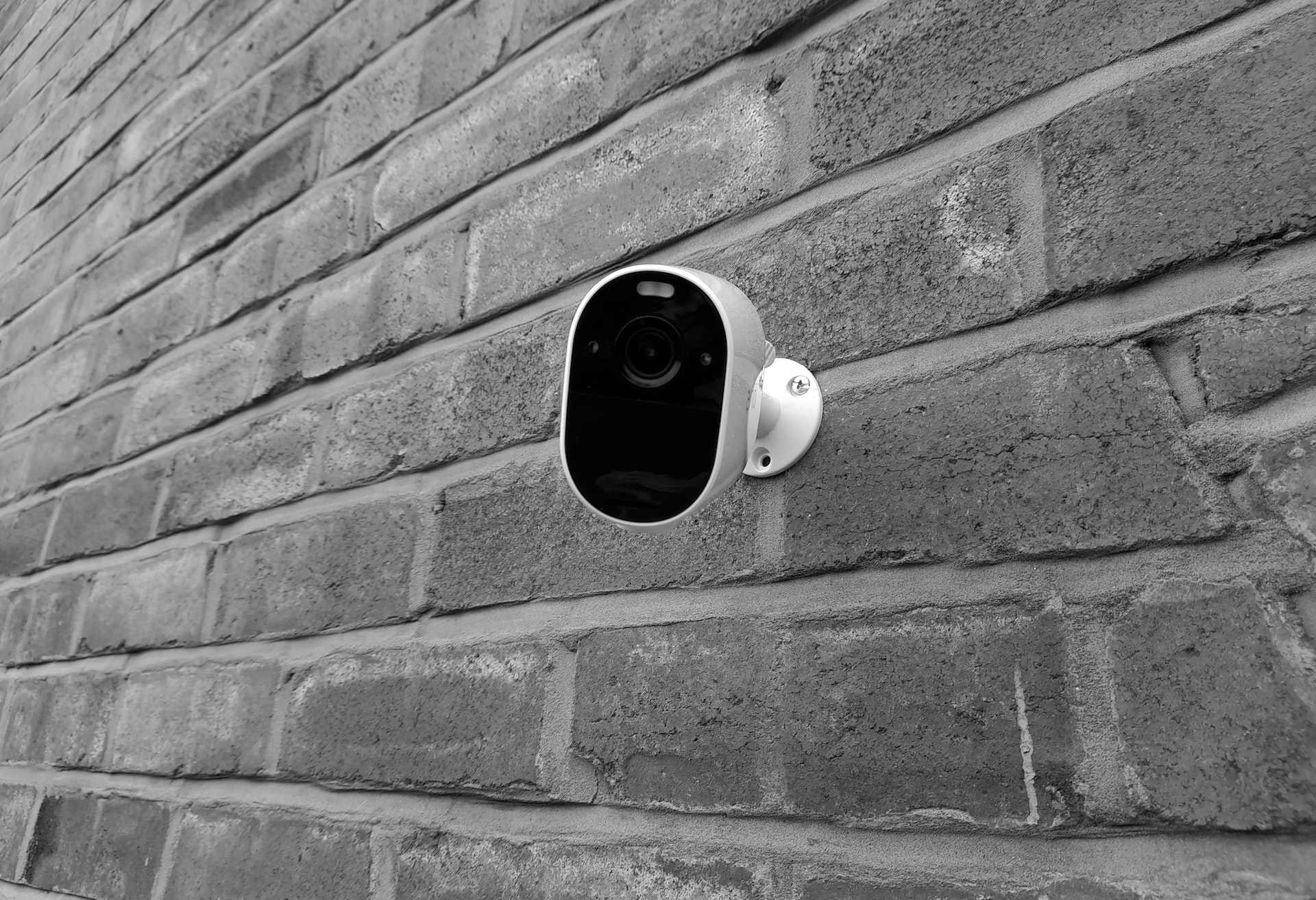In an increasingly interconnected world, the security of critical infrastructure, particularly the utility sector, has become paramount. The utility sector, encompassing electricity, water, gas, and other essential services, is a fundamental pillar of modern society. The sector’s vulnerability to cyberattacks and physical threats poses significant risks to public safety, economic stability, and national security. What must the average person understand about security for utilities and its importance?
Protection against cyber threats
In recent years, the utility sector has become an attractive target for cybercriminals seeking to exploit vulnerabilities in critical infrastructure. As utilities become more reliant on advanced technologies and interconnected systems, the potential for cyberattacks grows exponentially. These attacks can disrupt power grids, water treatment facilities, and other essential services, causing widespread chaos and economic losses. By enhancing security measures, such as robust firewalls, encryption protocols, and intrusion detection systems, utility providers can effectively mitigate the risks of cyber threats. Strengthened cybersecurity frameworks and regular audits help identify and rectify potential vulnerabilities, ensuring the uninterrupted delivery of services to the public.

Resilience and disaster recovery
Investing in security for the utility sector is crucial for building resilience and ensuring efficient disaster recovery. Natural disasters, such as hurricanes, floods, or earthquakes, can wreak havoc on utility infrastructure, leading to prolonged outages and immense disruption. By implementing robust security protocols, such as redundant systems and backup power generation, utilities maintain service continuity during emergencies. Enhanced security measures also enable rapid detection and response to potential threats, minimizing downtime and expediting recovery efforts. Moreover, comprehensive disaster recovery plans that incorporate cybersecurity practices aid in the swift restoration of services, helping communities rebound faster from crises.
Safeguarding public safety
The security of the utility sector directly impacts public safety. A breach in utility systems can have severe consequences, including the compromise of personal data, disruption of emergency services, and potential harm to individuals. By prioritizing security, utilities can prevent unauthorized access to critical infrastructure, ensuring the safety and privacy of consumers. Enhanced security measures also protect against physical threats, such as tampering with power transmission lines or water treatment facilities, which could pose significant health risks. Furthermore, robust security protocols assist in identifying and mitigating potential hazards, enhancing early warning systems, and reducing the likelihood of accidents or incidents that could jeopardize public safety.
National security and economic stability
The utility sector is not only critical to public safety but also plays a vital role in national security and economic stability. Disruption to the energy grid, for example, can have cascading effects on other sectors, including transportation, healthcare, and finance. By increasing security measures, utilities can protect against potential attacks aimed at destabilizing the country’s infrastructure or economy. Moreover, safeguarding the utility sector from cyber threats and physical attacks bolsters national security by preventing potential infiltration by hostile entities or acts of terrorism. Robust security frameworks also enhance the sector’s ability to adapt to evolving threats, ensuring the long-term stability and sustainability of essential services.
In an era of heightened technological interconnectivity, the security of the utility sector is paramount. By increasing security measures, utilities can effectively mitigate cyber threats, build resilience, safeguard public safety, and protect national security and economic stability. The investment in robust security protocols and comprehensive disaster recovery plans is essential to ensure the smooth functioning of critical infrastructure and maintain the well-being of society. Through proactive measures and collaboration between government, industry, and security experts, the country can reinforce the utility sector’s defenses and safeguard its collective future.

